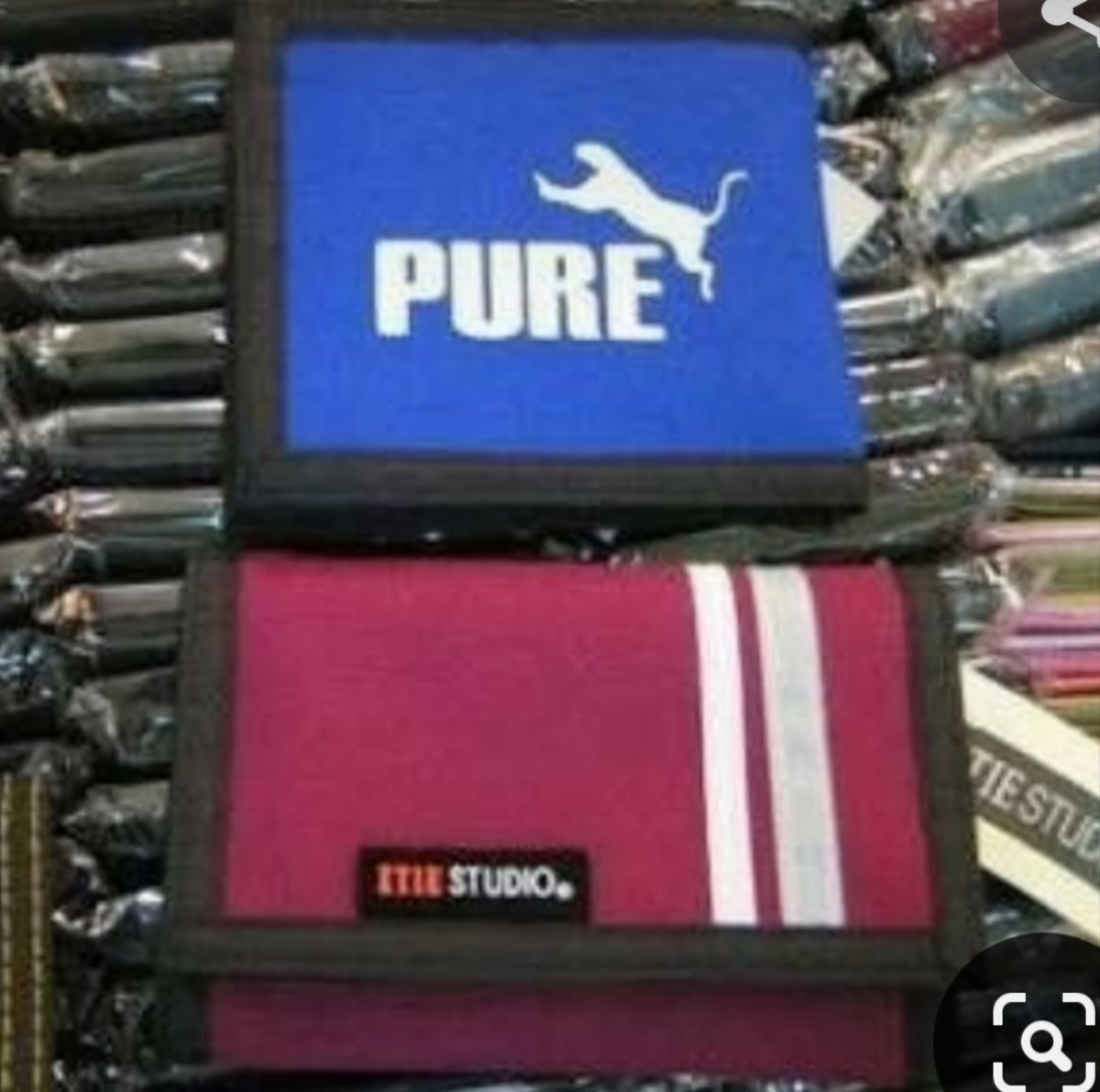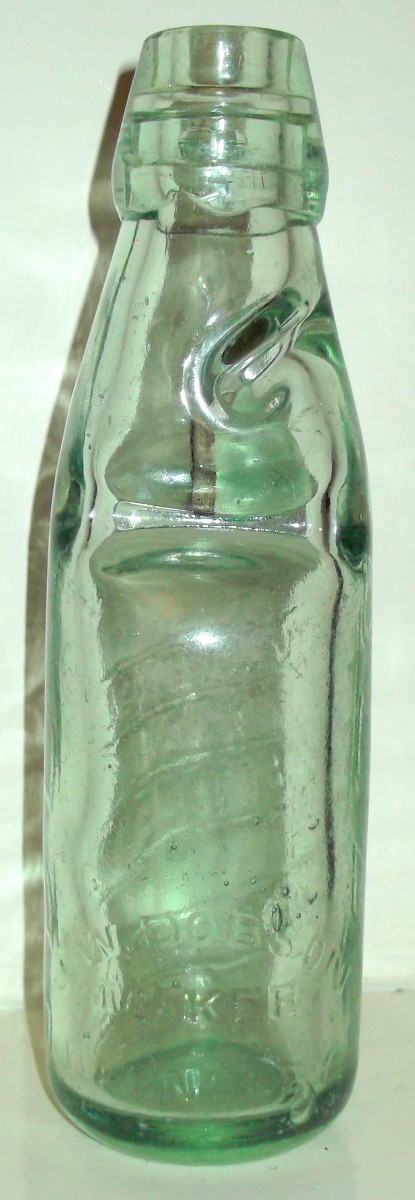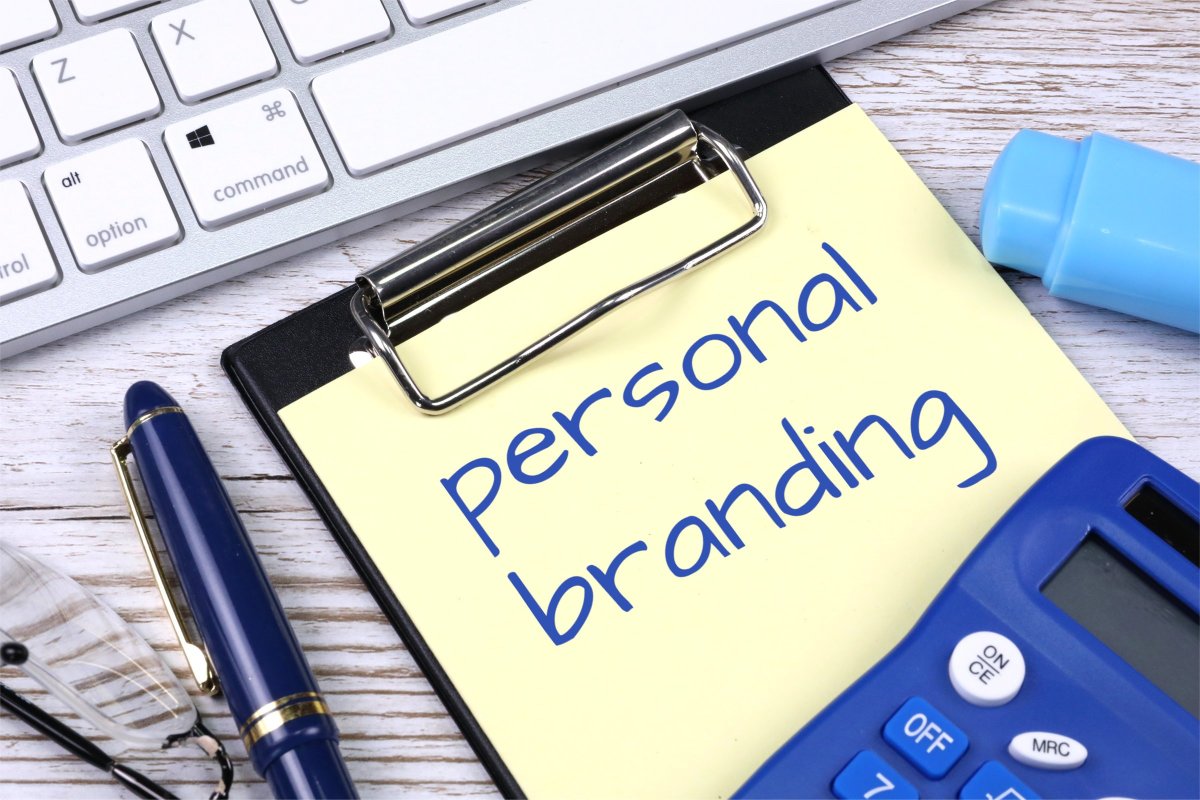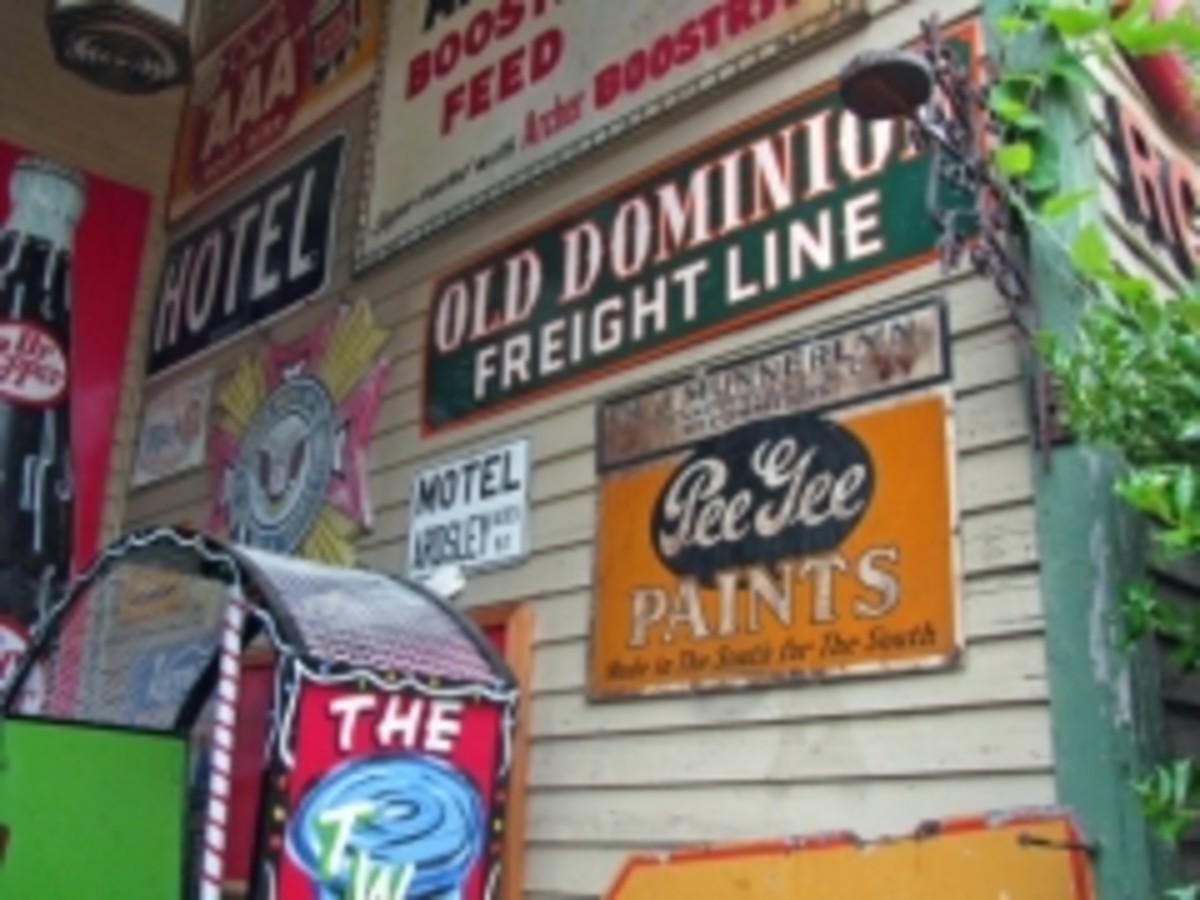It's Not Your Product, It's You: How to Sell Your Brand to Your Customers
There's this burger joint in the city where I live in, named Lawless, which in my opinion, serves the best burger I've ever tasted. What I especially liked was how every month, they offer a limited-time special that would only be available for that particular month. These monthly specials give me a reason to try something that would normally be out of my wheelhouse and encourage repeat visits. However, despite my constant gushing about the food and the very reasonable price, I don't actually go there often for the very simple fact that I abhor the ambience.
The entire branding of the place isn't actually bad, I would actually say that they excel at what they were trying to achieve. If you're okay with eating admittedly excellent burgers in a cramped space with lots of heavy metal posters and memorabilia hanging in the wall while Black Sabbath plays in the background, you're going to have zero problem with the place. The problem is I do have a problem with it, hence my hesitation whenever my friend wanted to eat there. The whole heavy metal thing also extends to their social media posts, which is very much on brand but also have the regrettable side effect of putting me off even more.
Selling your brand to your customers
The above example is what people mean when they're talking about selling your brand. It's not just the ambience that's draped in heavy metal, even their menus include cute, on-brand names such as 'The Lemmy' (of Motörhead fame) burger, 'Sabbath Burger', 'Motley Burg' and my personal favorite, 'Judas Fries'. The fact that I'm not a fan of the whole aesthetic speaks more to my personal sensibilities than to their failure at branding and I also have to say that even if I'm not a fan, I have the utmost respect for what they did with their branding.
There is no clear, definition of a brand. We typically use that word as an identifier, as something that separates one business from the other. In the Lawless example, that's the heavy metal ambience that seeps through every corner of their business. The brand identity could also be in terms of what a business is willing to do to accommodate their customers such as in the case of the hotel Ibis Dublin, which went the extra mile by providing one Muslim guest a full breakfast buffet at 2.30 in the morning for their Ramadan fast pre-dawn meal. Let me repeat, that's a full breakfast buffet for a single guest at a time when most people were still tucked in their beds.
Branding could also about where a company might stand on the big issues. Fairphone markets itself as the creator of "the world's first ethical, modular smartphone" following on the footsteps of sustainable fashion brands such as Misha Nonoo and Bite. By presenting a certain image of your company, you could entice people to buy into your products and services not because they're objectively of superior quality, but because they like what they see in you, hence the phrase selling your brand. With the age of social media, it's easier than ever for your company to achieve that and we'll outline the various things you could do to help sell your brand.
Define your own brand
Before you could start selling your brand, you first need to decide on the things that constitute your brand. With Fairphone, sustainable fashion brands and other similar companies, their brand is baked right into their business model so there's no need for extensive soul searching. With Ibis Dublin, they simply decided to showcase the hospitality part of the hospitality industry. In the case of the Lawless example, the aesthetic was actually an extension of the owner's personal sensibilities.
The owner actually first started as an owner of a garage that deals in customized motorcycle which eventually includes a record store with emphasis on heavy metal and a tattoo parlor, all things that represent the kind of biker subculture personified by the Hells Angels. In the Fairphone example, we have a brand identity based on an ideology. Ibis Dublin's identity is as simple as showcasing what their industry actually means while in the Lawless example, the identity is simply based on personal interest. If you're still in doubt about your own company, these three examples could be used as a starting point.
Find a way to communicate those identities
You could simply do this by making your products look a certain way like the Lawless example which I'd argue is the simplest thing to do. You could go the extra mile by basing your entire business model and products out of that identity like Fairphone or you could simply showcase that identity through how you treat your customers like Ibis Dublin. At any given moment, there are probably dozens of other businesses selling the same things that you do and not everyone would be able to differentiate between these businesses based on the quality of their products alone, which is why it's important for your business to be able to communicate your brand identity as a differentiator.
Make use of social media
One of the great things about social media is that these platforms allow you to communicate easier with the public and that makes it easier for businesses to showcase their brand identity. The Wendy's Twitter account is known in the marketing realm as a glorious snarky entity as long as you're not on the receiving end of that snark. Beneath all the verbal takedowns and the constant roast though, Wendy's never lost sight of what makes them different, their commitment to always use fresh beef in their burgers.
The way they showcase their commitment is pretty mean to be honest but it works, the one thing I know about Wendy's is how much they like to make fun of McDonald's for not using fresh beef in most of their burgers. What's great about having a brand identity is you can use that as a foundation to generate talking points for your content to post on social media. The content doesn't always have to be related directly related to your business as long as it matches up with the image you're trying to present, which would help create consistency in your brand's image.








